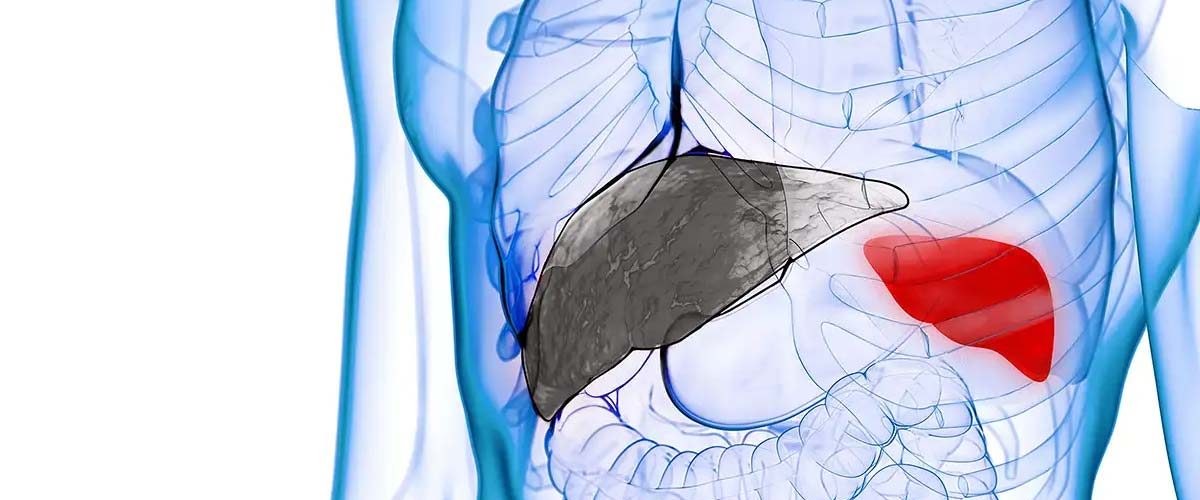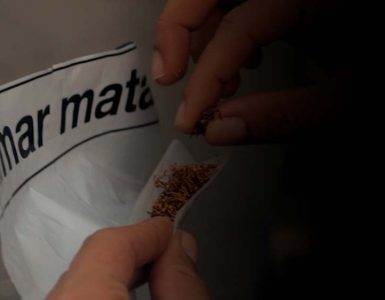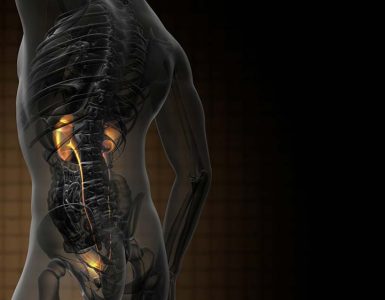The published article in the Asian Journal of Animals and Veterinary Advances identified that curcumin’s anti-inflammatory properties effectively counteract the CCL4 effects on the liver and spleen. Elham and his team discovered “curcumin suppressed the hepatic and spleen oxidative stress by reducing the inflammatory markers; hence, it was established as a potent antioxidant.”
The liver is the main organ functioning to detoxify and regulate the metabolism of the body system. Excessive use of drugs or toxic exposure, such as CCL4, leads to various liver injuries. Multifactorial factors were observed to influence liver fibrosis, including reactive metabolites, reactive oxygen species (ROS), and imbalances between inflammatory damages and protective responses. Nevertheless, each cell has protective enzymes present to counterpoise the adverse effects such as catalase, superoxide dismutase, or glutathione peroxidase.
The liver-spleen axis concept was proposed as anatomically and functionally. Both organs hold similarities; hence, they play an important role in immunity, pathogen clearance, and metabolism regulation in numerous conditions, including chronic liver diseases. Elham stated,“ previously, the innate and adaptive immune system was identified to produce liver fibrosis as a protective reaction; however, currently, evidence highlighted the splenic factors also supported these immune reactions.”
The team found that people are suspending their use of pharmaceutical drugs with increasing awareness as they are associated with side effects and adopting alternative herbal medicine for treatment. Curcumin, a commonly found component in turmeric, has two functional groups; the polyphenolic structure and diketone, which demonstrated the antioxidant effect against the lipid peroxidation compared to flavonoids. Moreover, Elham added, “this ingredient also displayed profound scavenging of ROS in the cells.”
Thus, compelling evidence was collected by the team, pointing out that Curcumin effectively controlled disrupted redox potential and proinflammatory markers stimulated by toxic chemicals such as CCL4.
Curcumin’s successful intervention has shown promising therapeutic effects that open new opportunities for the treatment of hepatotoxic and spleenotoxic-associated CCL4 affections.
















Add comment